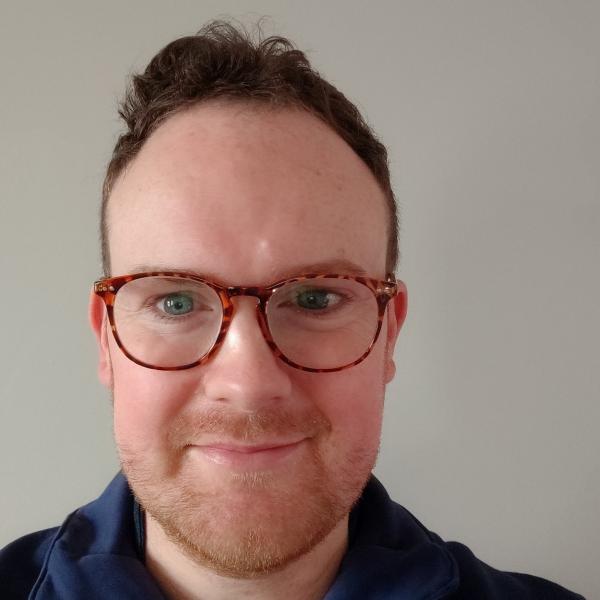
Researcher Graeme Sullivan – ‘I don’t think multiple myeloma gets the attention it deserves’
Graeme Sullivan’s career path towards becoming a cancer researcher is very likely a unique one.
After first qualifying as a dentist and entering clinical practice 15 years ago, Sullivan felt the research world was calling and so embarked on studies in the area of molecular biology. Spurred on by his experience with patients and ‘at the bench’ carrying out scientific research, this resulted in him co-developing a recently patented therapy for psoriasis, before moving on to researching multiple myeloma - a rare and incurable form of blood cancer.
Multiple myeloma is a cancer that forms in a type of white blood cell called a plasma cell. Current treatments slow the disease but the cancer inevitably returns.
“It was a long winding road, it wasn’t a straight path but I was delighted to be selected for the fellowship,” says Sullivan of the three-year Translational Research Fellowship he was recently awarded by the Irish Cancer Society.
I applied to the Irish Cancer Society Translational Research Fellowship programme because I knew from the Society’s track record that it would allow me to pursue world-class research with active patient involvement and invaluable support.
“The strategic objective of this Fellowship programme closely aligns with my ambition: to deliver patient-centred research that aims to translate insights about cancer biology into concrete real-world novel therapeutic strategies that accelerate progress toward improved patient outcomes.”
'Survival signals'
“Part of the reason I got interested in multiple myeloma is because I don’t think it gets the attention that it deserves,” says Sullivan, before going on to explain his research:
“When multiple myeloma patients are receiving treatment currently we know that there are unexplained ‘survival signals’ which are helping some tumour cells survive, and the ones that are left behind are then resistant to further chemotherapy. We are asking: Why does this happen? Where are these signals coming from? Can we target these cues to overcome resistance? Sadly, at the moment, I feel this particular cancer is often overlooked.
In an aging population, this is a research area that we really need to look at further.
Sullivan’s research would involve exploring the use of an ‘adjunct’ therapy that can support the drugs used in current treatment for multiple myeloma to become more effective: “It’s more personalised to particular tumours for particular patients.”
Health outcomes
“Quality of life is really important for multiple myeloma patients: targeted therapies have been shown to have far less negative health outcomes,” adds Sullivan, who will undertake his fellowship under the supervision of Dr Tríona Ní Chonghaile a Senior Lecturer at the Royal College of Surgeons in Ireland, and in collaboration with Professor Siobhán Glavey, Haematologist at Beaumont Hospital with expertise in multiple myeloma research.
Over the course of his fellowship he will also spend six months on secondment under the tutelage of world-renowned multiple myeloma expert Professor Salamon Manier at the University of Lille where he will study animal models of the disease to bring back observations to assist his own research.

“I sincerely hope that my research will make a significant difference: a difference to the academic community’s understanding of the reasons for treatment failure and resistance, but also a difference to the many cancer survivors and their families who depend on researchers to make the new discoveries that lead to better treatment options and improved quality-of-life,” Sullivan says.
“This Fellowship programme will allow me to eventually transition from postdoctoral researcher towards my long-held ambition: to be an independent, competitive, world-class scientific researcher and group leader - one who leads from the fore and makes new scientific discoveries.”
The work of Irish Cancer Society funded researchers is made possible through the kind support of the public.
To help support our cancer research please visit www.Cancer.ie/Donate
Contact the Irish Cancer Society Support Line
If you have worries or concerns about cancer, you can speak confidentially to an Irish Cancer Society Cancer Nurse through the Freephone Support Line on 1800 200 700.
Monday to Friday, 9.00am - 5.00pm

For more information
Phone
1800 200 700
